Manage Your Material Quality and Performance
Effectively managing the technical and quality requirements of an aggregates, concrete and/or asphalt production operation requires timely access to information on raw material test results, as well as production and field test data. When a producer of construction materials operates their own laboratory to meet these needs, they face the same challenges as commercial construction materials testing laboratories. Additionally, it is crucial that the data collected is stored in a way that makes it easily accessible when and where it is required in the organization, to facilitate decision making on process quality control.
Replacing your existing, disparate paper and software systems with a centralized solution from Spectra QEST, which can be tightly integrated with production and/or corporate financial/ERP system(s), enables business process improvements both in the running of the materials testing operation and in the management of product quality. With QEST Platform, you can streamline your laboratory and field-testing operations and monitor the performance of your concrete, asphalt, and quarry products.

The Benefits
Equip yourself with Spectra QEST’s leading software tools which provide you with the following benefits:
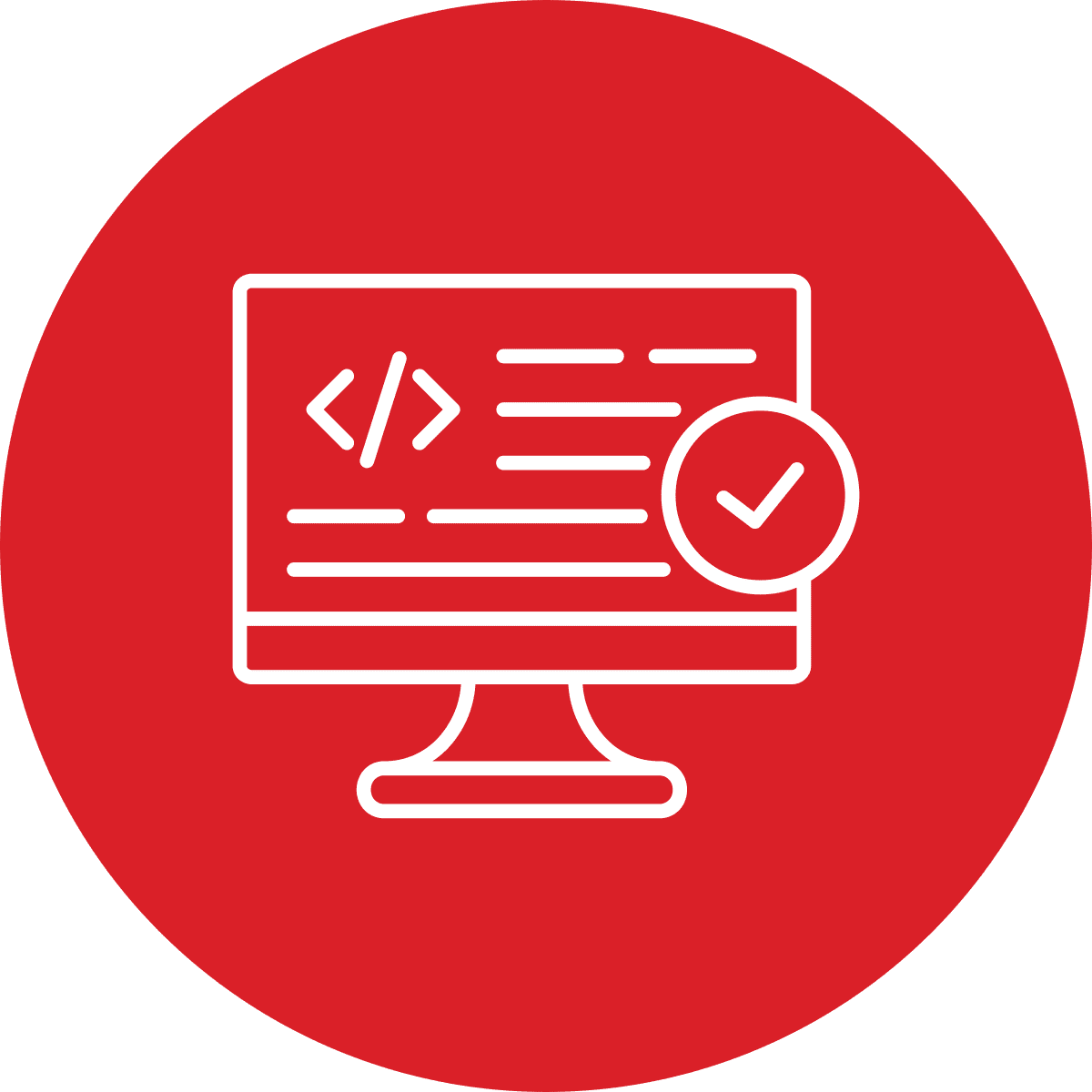
Data in Once
Eliminate duplicate data entry through the use of a single system to meet all your field and laboratory information management needs, including sample tracking, data collection, results calculation, report generation and distribution, equipment calibration and billing. Integrate with the other business systems used in your organization.
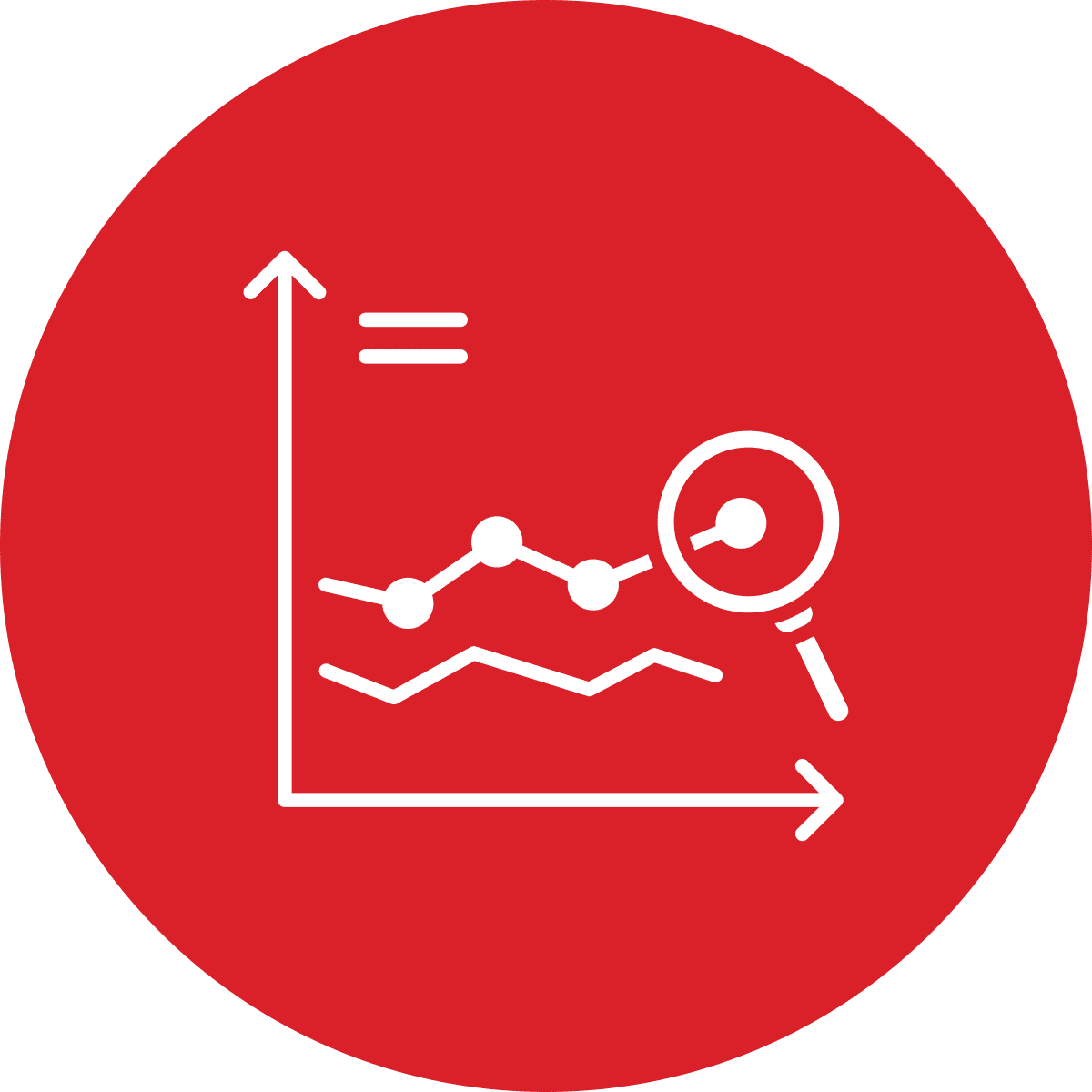
Quality Control
Efficient storage, searching and analysis of test results enables reporting for quality control and quality assurance purposes, including historical material performance tables and charts.

Compliance
Meet compliance obligations for ISO/IEC 17025, accreditation agencies and other authorities. Track equipment calibrations, technician competency, audit trail, report approval authority, etc.
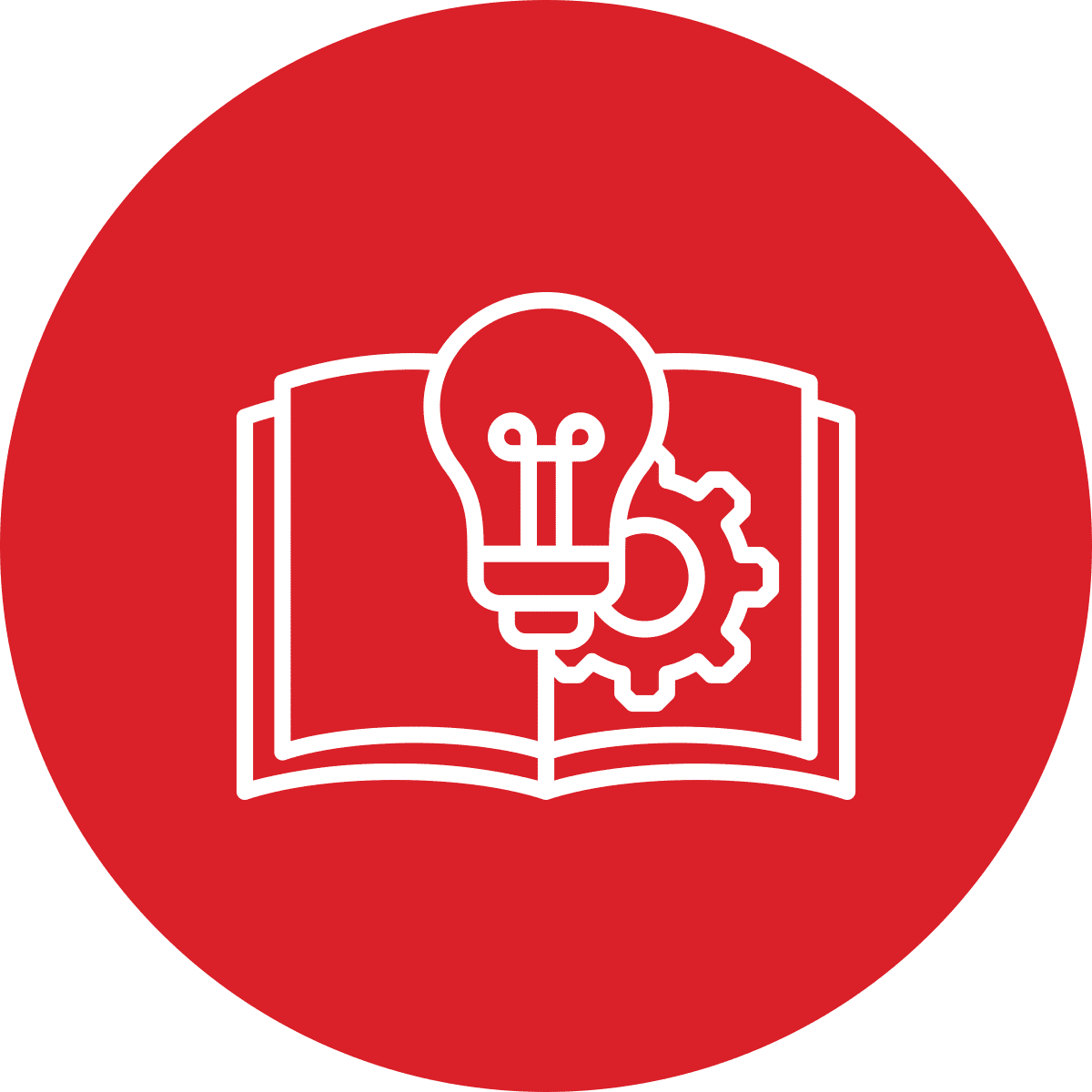
Test Methods
Quickly and reliably enter raw data, calculate results and perform validations for over 600 construction materials and geotechnical test methods out of the box. Including ASTM, AASHTO, Australian Standards, New Zealand Standards, British Standards, various state DOT standards and more.
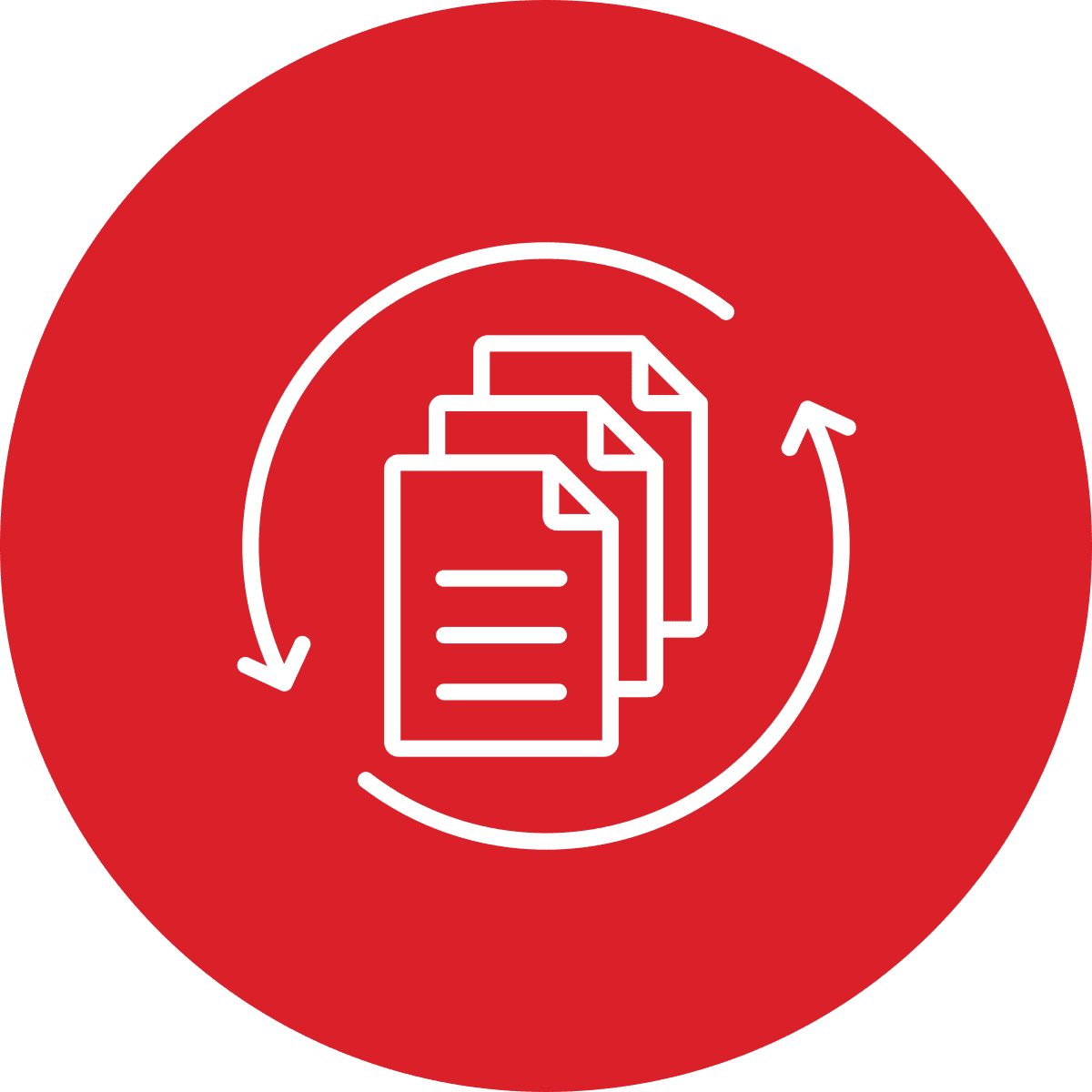
Uniform Test Reports
Ensure consistent reporting formats between individual tests and between different testing disciplines. Support the testing from various disciplines in a single, centralized system, including concrete, aggregates, asphalt, soils etc.

Field Electronic Access
Allocate, track and capture field testing and inspection data in real time improving visibility into your operations and simplifying report review and approval. Provide field staff with immediate, electronic access to all laboratory information and work requests. Know whether your field staff have accepted work allocated to them, whether they are working on it, and know when they are done.
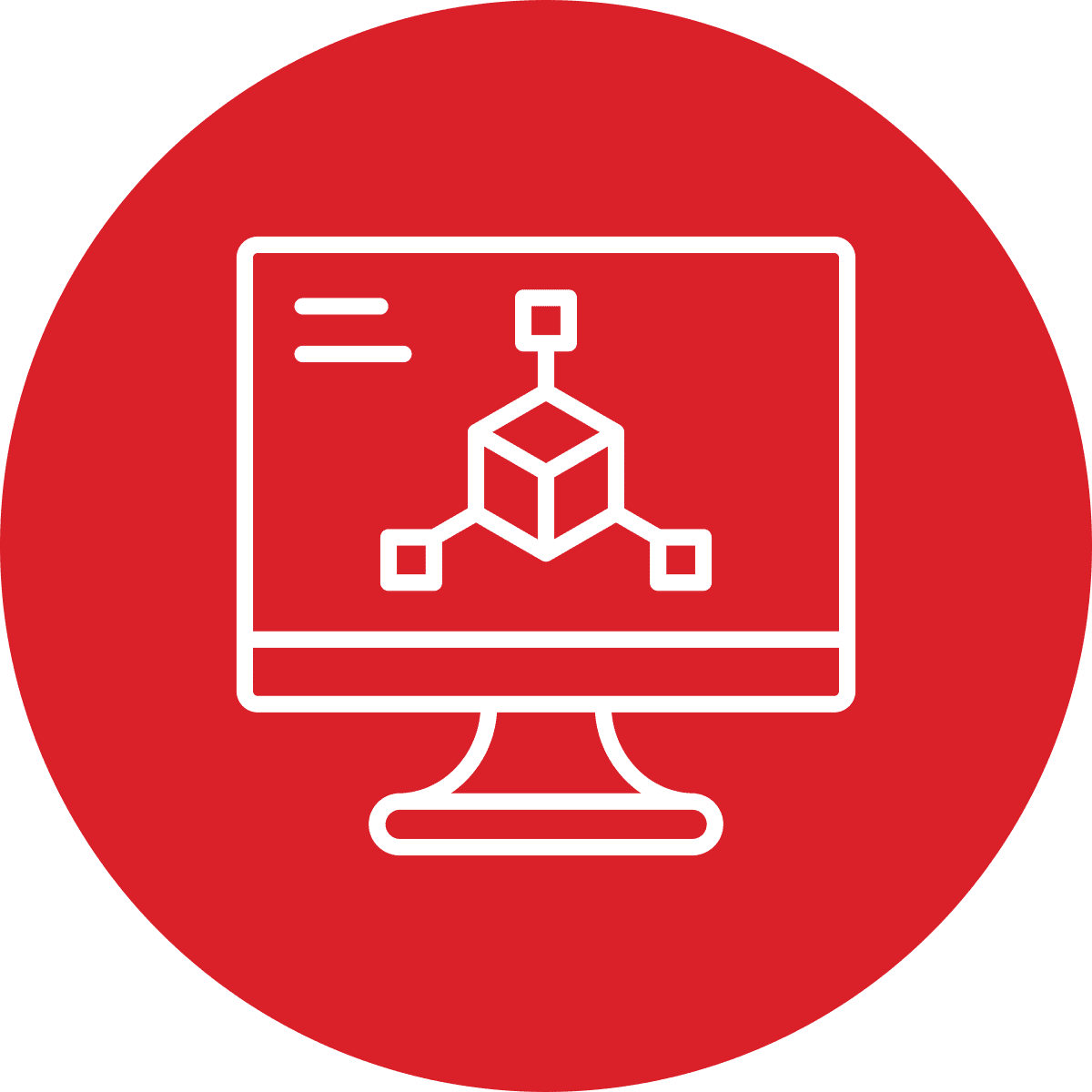
System Integration
Integrate seamlessly with general, specialized and bespoke ERP, production, financial, planning and other systems. Share information on customers, projects, billing, resourcing, production, etc. Previous integrations have included, but are not limited to, SAP, Oracle Financials, Lawson, BST, Deltek (multiple versions), Command Alkon, etc.

Equipment Interfacing
Interface directly with testing equipment to electronically capture measurements and minimize data entry effort and errors. Collect data from simple apparatus such as balances and compression machines as well as more complex equipment such as triaxial and consolidation testing machines. Drive common workflows using barcodes for efficient navigation.
Frequently Asked Questions
Below is a selection of questions that customers ask us often.
LIMS is a common term used in the software industry for products that support the operations of laboratories. It stands for Laboratory Information Management System. Similarly, a FIMS (Field Information Management System) is a software product that field staff use to collect, manage and submit field-related information.
In more recent years, leading software products such as QEST Platform combine the two functions providing seamless support for laboratory testing, field testing, field inspections and field operatives scheduling and management providing thus a complete Technical Information Management System (a TIMS).
Just as an accounting system brings together information relating to financial aspects of running a business, a TIMS (such as QEST Platform) can bring together all the information relating to the technical aspects of the construction materials manufacturer.
Further, by ensuring that technical workflows are supported by a leading, specialist software system and that all data entry, calculations, databasing and reporting of the data follows best practice, management can be confident that technical production decisions are based on sound technical information.
Finally, in the construction materials production industry, quality information often takes a while to become available (consider for example how long it takes for concrete samples to be cured and tested). An efficient testing system can eliminate any additional delays to the already slow testing process.
There are three ways our clients have been able to justify the cost of a solution that effectively forms the technical backbone of the Technical Department:
(i) They analyze carefully recent failures of materials supplied to clients and what the cost of these problems was to the overall business. They try to understand whether a system that promotes careful and accurate testing for QC/QA purposes and makes the testing process as fast and as efficient as possible, could have prevented the issue in the first place. If not, could the issue have been identified earlier and made the overall cost to rectify less?
(ii) As in every business unit, efficiency gains in the Technical Department can save money in the long run. Spectra QEST can assist identify common workflows and estimate efficiency gains that can be achieved through the use of streamlined and connected software such as QEST Platform.
(iii) The third path our customers often explore is starting a commercial testing operation. Large, materials producers in Australia test materials for third parties, as well as for production QC/QA purposes effectively subsidising the cost of maintaining an expensive Technical Department.

